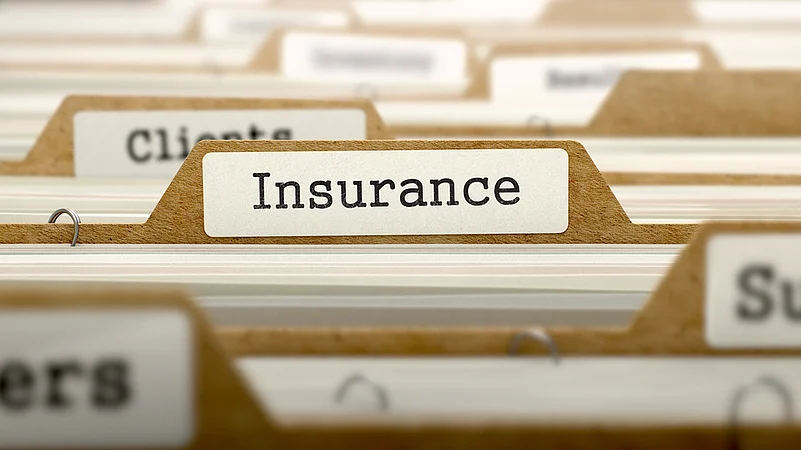One of the key reasons for buying a health insurance policy is financial security, and the compensation afforded during any claim event. All insurers offer cashless claim facility at their network hospitals. However, in case of a non-network hospital, you can register your claim with your insurer and get the claim amount reimbursed. But what if your claim is denied by your insurer?
Although the insurance company endeavours to fulfil the claims raised, certain instances might result in a denial of claim settlement or settlement with a few deductions. You should be proactive and circumvent the deduction or denial of your health insurance claim. Since you can’t avoid all probable causes, it is important to know what steps to take if your claim gets rejected:
Understand your Health Insurance Policy
Ideally, you should read the policy document and all terms and conditions thoroughly at the time of policy purchase. However, in case your claim has already been denied by the insurer, it is imperative that you know what the policy covers, its exclusions and the waiting periods applicable for certain illnesses. Some policies have exclusions for specific pre-existing disease conditions, a cap on room rent; few policies cover specific treatment at home like chemotherapy, infectious treatment like dengue; while other policies may not cover certain procedures.
Waiting Period: Some health insurers provide Day 1 coverage for certain pre-existing medical conditions. The waiting period is usually assigned by respective insurer ranging from one year to four years. After completion of the required waiting period, a policyholder is eligible to raise a claim against the specific disease/illness. A claim made during a waiting period is likely to be rejected. It is advisable for a policyholder to reveal their true state of health while purchasing a health insurance policy. Revealing incorrect information leads to rejection of claim or complication in the claim process and/ or termination of policy in case of severe non-disclosures.
Exclusions: Every insurance policy has exclusions mentioned in their plan. Treatment for certain ailments like dental implants, treatment cost for a suicide attempt, vision correction, etc., may be permanently excluded from your health insurance plan. Verify whether your claim falls under an exclusion category before raising the said claim.
Understand the Reason of the Claim Rejection
Insurers often reject claims due to procedural issues such as inadequate bills or documents. In such cases submitting the additional documents normally suffice. Another reason is technical in nature, such as the insurer might feel that hospitalization was unwarranted for the medical process. It is advisable to connect with a doctor or insurer’s grievance committee to comprehend the situation. Generally, insurers will not deny a claim where the procedure has been prescribed by a treating doctor.
Reach Out to the Grievance Committee of the Insurer
If the claim reimbursement remains unprocessed then write to your insurer’s grievance cell. Confirm the cause for rejection with your insurer or their third-party representative then challenge the claim’s rejection. Mention the correct policy number and claim details with all the appropriate documents stating the facts and the medical opinion of the licensed medical practitioner for claim verification in your grievance escalation application. It is ideal to resolve any claim related dispute with your insurer first.
All the grievances are updated by the insurer in the Integrated Grievance Management System (IGMS) of Insurance Regulatory and Development Authority of India (IRDAI). Insurers ensure resolution of the grievance within the prescribed Turn-Around-Time. If the complainant is unhappy with the resolution provided by the insurer’s grievance mechanism, then he/she can approach the Ombudsman or the IRDAI directly. Insurers provide the details to the Ombudsman office where the complainant can prefer his appeal against the insurer’s decision.
Approach the Office of an Ombudsman
If insurer’s response is unsatisfactory then approach the nearest Ombudsman (industry veterans appointed by the government) office. An Ombudsman acts as a counsellor /mediator with a customer centric approach to arrive at a fair recommendation or ‘award’. They will dispense the decision or ‘award’ post consideration of dispute facts and merits, which addresses all the issues raised by the complainant. The decision or ‘award’ is binding on the insurers who are required to comply within 30 days of receipt. In an extreme event, if the customer is unhappy with the Ombudsman, then they may approach the consumer court.
Approaching the Consumer Court
If the complainant remains unsatisfied with the grievance resolution mechanism and/or Ombudsman’s decision, then they can proceed to file a case before the consumer court by taking legal help. The legal process will require hiring of lawyers which can be costly and time consuming. It should be preferred only after exhausting the Ombudsman process.
The author is CEO, Aditya Birla Health Insurance
DISCLAIMER: Views expressed are the author's own, and Outlook Money does not necessarily subscribe to them. Outlook Money shall not be responsible for any damage caused to any person/organisation directly or indirectly.































